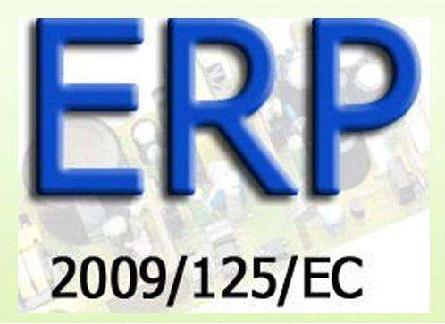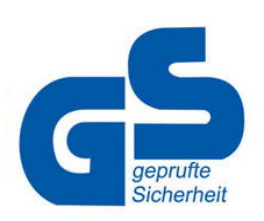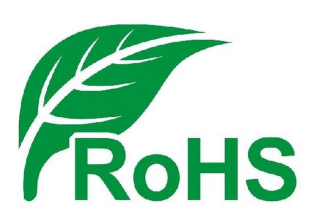News
-

How much do you know about ErP certification?
1.The Brief Introduction of ErP Certification: The European Union’s Energy-Related Products Directive (ErP Directive 2009/125/EC) is an eco-design directive. It applies to most products that consume energy throughout their life cycle. The ErP Directive aims to promote the environmental per...Read more -

The UK updates the new regulations on the use of the UKCA logo
The UKCA logo comes into effect on 1 January 2021. However, in order to give businesses time to adapt to the new requirements, in most cases CE marking can be accepted concurrently until January 1, 2023. Recently, in order to reduce the burden on enterprises and ease the increase in demand for c...Read more -

How much do you know about German GS certification?
1.The Brief Introduction of GS Certification GS certification is a voluntary certification based on the German product safety law and tested in accordance with the EU unified standard EN or the German industrial standard DIN. It is a German safety certification mark recognized in the European mar...Read more -

Is VCCI certification compulsory in Japan?
1.The Definition of VCCI Certification VCCI is Japan’s electromagnetic compatibility certification mark. It is managed by the Japan Control Council Information Technology Equipment. VCCI certification is non-mandatory and entirely based on voluntary principles, but is used by many companies...Read more -

TBBP-A and MCCPs are to be included in EU RoHS
In May 2022, the European Commission published a proposal procedure for restricted substances under the RoHS Directive on its official website, proposing to add tetrabromobisphenol A (TBBP-A) and medium-chain chlorinated paraffins (MCCPs) to the list of restricted substances middle. The plan is...Read more -

How much do you know about US CEC certification?
1.The Definition of CEC Certification: The abbreviation of CEC is California Energy Commission. On December 30, 2005, CEC issued energy efficiency certification according to the California Electronic and Electrical Regulations. That is CEC certification. The main purpose of CEC certification is ...Read more -

REACH SVHC officially updated to 224 items
On June 10, 2022, the European Chemicals Agency added the twenty-seventh batch of 1 SVHC review substances to the Candidate List of Substances of Very High Concern. Therefore, the REACH SVHC Candidate List was officially updated to 224 items. A new SVHC candidate substance is added as follows: ...Read more -

A Brief Introduction of US DOE Certification
1. The Definition of DOE Certification The full name of DOE is Department of Energy. DOE certification is an energy efficiency certification issued by DOE in accordance with the relevant electrical and electronic regulations in the United States. This certification is issued mainly to improve the...Read more -

A Brief Introduction of Mexican NOM Certification
1.What is NOM certification? NOM is the abbreviation of Normas Oficiales Mexicanas, and the NOM mark is a mandatory safety mark in Mexico, which is used to indicate that the product complies with the relevant NOM standards. The NOM logo applies to most products, including telecommunications and i...Read more -

US FCC certification FRN registration system (CORES) update
On May 27, 2022, the US FCC officially issued Announcement No. DA 22-508, and the old FCC registration system CORES (Commission Registration System), which was enabled before 2016, will be officially closed on July 15, 2022. At that time, only the registration system CORES 2, which was launched i...Read more -

A Brief Introduction to IC Certification in Canada
1.The definition of IC certification: IC is the abbreviation of Industry Canada. It stipulates that wireless products sold in Canada must pass the certification of IC certification. Therefore, IC certification is the passport and prerequisite for wireless electronic and electrical products to en...Read more -

EU plans to add two substances to RoHS control
On May 20, 2022, the European Commission published an initiative procedure for substances restricted by the RoHS directive on its official website. The proposal plans to add tetrabromobisphenol-A (TBBP-A) and medium-chain chlorinated paraffins (MCCPs) to the list of RoHS restricted substances. Ac...Read more
-

Phone
-

Email
-

Wechat
-

Whatsapp
-

Top






